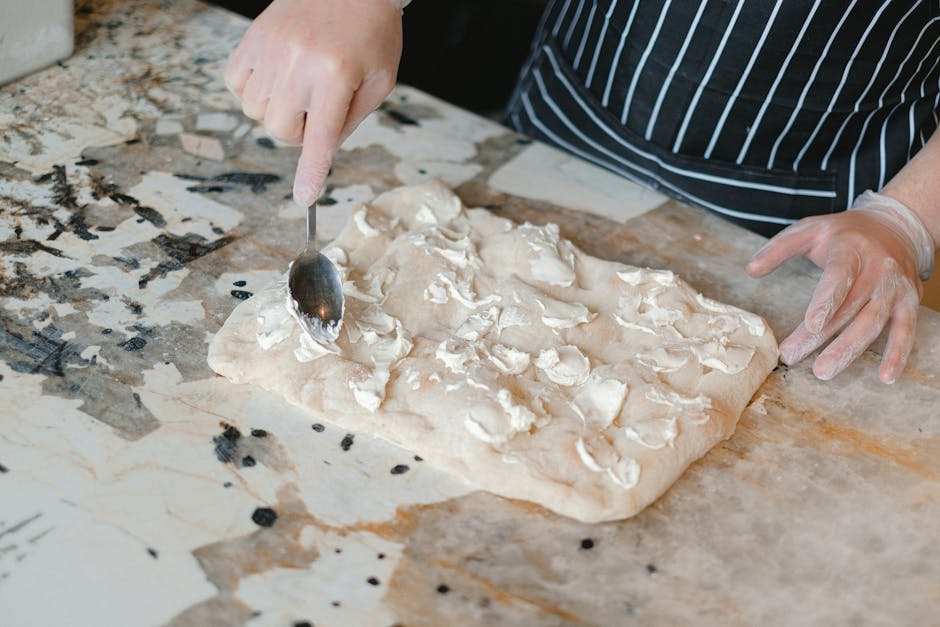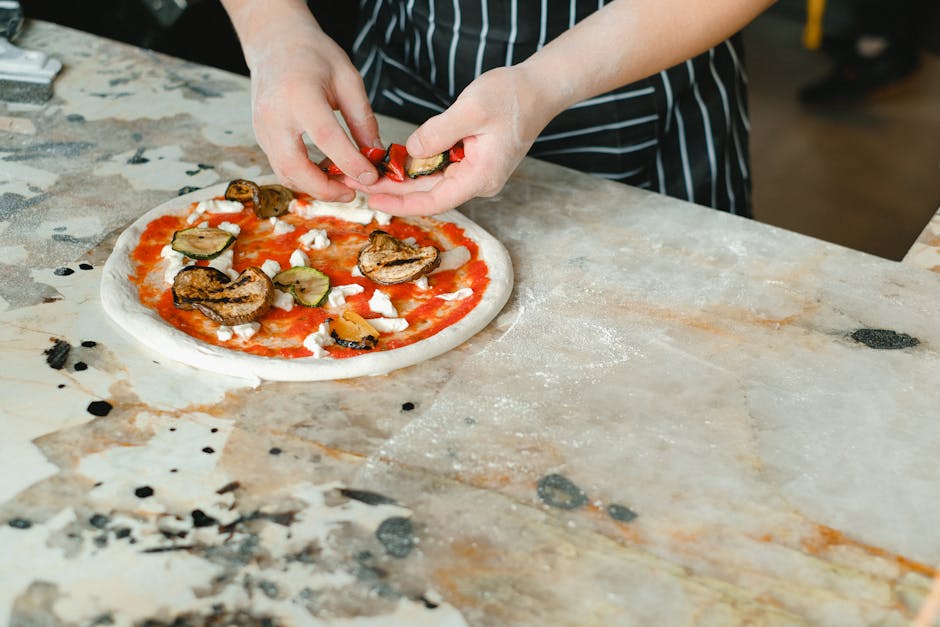Building an Income Stream with Private Cooking Lessons

Offering private cooking lessons can be an excellent way to turn your culinary skills into a steady income stream. Whether you're a professional chef looking for new opportunities or a passionate home cook eager to share your knowledge, there’s growing demand for personalized, hands-on instruction in the kitchen. Many people prefer tailored lessons that cater to their specific interests, dietary needs, or cooking goals, which provides a great business opportunity for those with the right expertise.
From teaching basic knife skills to more complex cuisine techniques, private cooking lessons can be offered in various formats. You can host one-on-one sessions, group classes, or even virtual lessons. The flexibility of this business model allows you to create a schedule that works for you while providing an enriching experience for your clients. Plus, with increasing interest in healthy eating and gourmet cooking at home, the market potential continues to grow.
Identifying Your Target Market
The first step in building an income stream with private cooking lessons is understanding who your target audience is. Different groups have different needs and preferences when it comes to learning how to cook. Some potential target markets include:
- Beginners: Individuals who want to learn basic kitchen skills like chopping vegetables or making simple meals.
- Food Enthusiasts: People who love cooking but want to refine their techniques or explore new cuisines.
- Health-Conscious Clients: Those interested in learning how to prepare healthy meals that align with specific diets such as vegetarian, vegan, or keto.
- Busy Professionals: Individuals looking for quick and easy meal prep strategies that fit into their hectic schedules.
Once you’ve defined your audience, you can tailor your lesson plans and marketing efforts accordingly. For instance, if you’re targeting health-conscious clients, focus on offering classes that teach how to make nutritious meals using whole foods. If you’re aiming at busy professionals, emphasize time-saving techniques and meal prep tips that can simplify their weeknight dinners.
Creating and Structuring Your Lessons
The success of your private cooking lessons will largely depend on how well you structure and deliver them. First and foremost, the lessons should be hands-on and engaging. People are paying not just for information but also for the experience of learning in a fun, interactive way. Therefore, it’s important to create a curriculum that balances instruction with practical application.
A good approach is to offer a variety of lesson types to meet different skill levels and interests. For instance:
- Basic Skills Classes: Cover fundamental techniques such as knife skills, sautéing, and boiling.
- Cuisine-Specific Classes: Focus on teaching how to prepare dishes from specific cultures like Italian pasta-making or Japanese sushi rolling.
- Themed Cooking Classes: Create seasonal or holiday-specific classes like Thanksgiving dinner prep or summer grilling tips.
You’ll also need to decide on the lesson duration and format. Some instructors prefer short but frequent sessions (e.g., one hour per week), while others might opt for longer workshops (e.g., three hours in one day). Additionally, offering both in-person and virtual options can help attract a broader audience by providing greater accessibility.
Setting Your Pricing Strategy
Determining how much to charge for private cooking lessons is crucial to ensuring your venture is profitable while remaining competitive within your market. Consider several factors when setting prices: your experience level, the complexity of the lessons being offered, geographic location, and whether ingredients are included in the price.
A common pricing strategy involves charging per hour or per class. For example, many instructors charge between $50-$100 per hour for one-on-one sessions depending on their expertise and region (Thumbtack). Group classes may be priced lower per individual but can bring in more total revenue due to multiple participants. Including specialized equipment or premium ingredients could justify higher fees as well.
Discounts for package deals (e.g., booking four sessions at once) can also incentivize clients to commit long-term while helping you secure consistent revenue. It’s equally important to research what competitors in your area are charging so you can position yourself effectively without underpricing your services.
Marketing Your Cooking Lessons
Your success will depend heavily on how well you market your services. Creating a strong online presence through social media platforms such as Instagram or Facebook is essential. These platforms allow you to showcase your expertise through engaging content like recipe tutorials, kitchen tips, and testimonials from satisfied clients.
A simple yet effective strategy is posting high-quality photos of dishes prepared during your lessons along with behind-the-scenes glimpses of the teaching process. You can also leverage platforms like YouTube for free instructional videos that drive traffic back to your paid services. Social media ads targeted toward local audiences can further help raise awareness about what you offer.
If possible, partner with local businesses such as grocery stores or fitness centers where potential clients might frequent. Offering demo classes at these locations or collaborating on events could expose you to new audiences while building credibility in your community.
The Importance of Building Client Relationships
A satisfied client is likely to return and recommend your services to others. That’s why building strong relationships with customers is key to sustaining and growing your income stream over time. Here are some ways you can foster long-term client relationships:
- Offer Personalized Experiences: Tailor each session based on the client’s preferences or dietary needs.
- Follow Up After Classes: Send recipes covered during the lesson or offer additional tips through email newsletters.
- Create Loyalty Programs: Reward repeat clients with discounts or exclusive access to specialty classes.
Starting a private cooking lesson business can be a rewarding way to share your passion while generating income. Your ability to provide personalized attention will not only result in better word-of-mouth marketing but also help differentiate yourself from larger group-based cooking schools where clients may not receive as much individualized focus.
